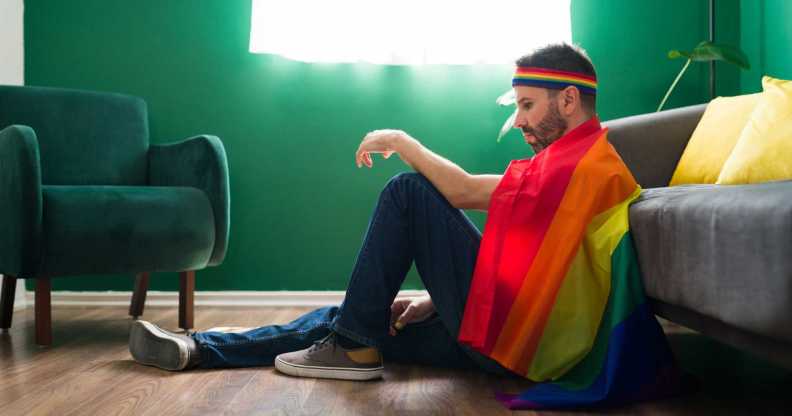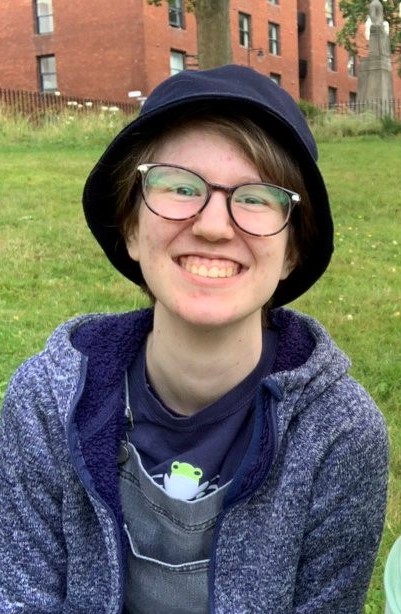‘The LGBTQ+ community treated me like an alien when I came out as asexual’

Being asexual can mean feeling as though you stick out like a sore thumb. (Getty)
As much as I wish to forget the occasion, I can still remember the way my hands wouldn’t stop shaking when I first came out as asexual.
I was barely 19 and the world was just opening up in front of me, but internally I had already gone on a rollercoaster of life events.
My identity, specifically who I was attracted to, had bounced around for almost half a decade, as I discovered new terms and new ways to attempt to describe what was going on. It was messy, to say the least. But I was young and trying to find my footing, and there is never anything wrong with figuring it out and making a few mistakes along the way.
I thought I was bisexual, then pansexual, then a lesbian, then bisexual again and a lesbian again. It was like swerving round a roundabout and taking every single wrong exit.
Finally, I found the right one – asexuality. It turns out that I was the textbook definition of asexual. I was equally attracted to everyone, with that attraction being… nothing at all. No sexual attraction to anyone. Nothing. Zilch. I had that clichéd lightbulb moment that so many of us crave, where my identity and my life up until that point burst into clarity and it all made sense.
But this life-altering moment didn’t calm my nerves for the next step: telling people.

It was easy telling people about being bisexual or being a lesbian, because I was thankfully surrounded by a group of mostly-LGBTQ+ friends who supported me. So the words came out just fine, and I wasn’t left with a lump in my throat quite like when I tried to get out the sentence: “By the way, I’m ace.”
I was met with incredulous looks, with quiet laughter, and with a few questioning stares that made me want to play it off as a joke. So I proceeded to give them what was essentially a TED Talk, a masterclass in being asexual, in the hopes that they’d understand.
But the robot and alien jokes kept on coming, so I gave up, retreated and lost a few friends in the process.
Being asexual in the LGBTQ+ community feels a bit like sticking out like a sore thumb. ‘Love is love’ is paraded around so often that I think there’s a misconception of what that ‘love’ might look like for some of us.
To me, love is felt the most when I’m with my found family, my pets, my favourite songs and favourite stories. I am not ‘basically straight’ nor am I ‘inhuman’, but even within the LGBTQ+ community those are more common talking points than some would think.
During Asexuality Awareness Week, I want every ace person to know that their experiences are real and true and valid, no matter what society thinks, no matter what our wider community thinks.
There is so much joy to be found in being asexual, so much shared connection that I haven’t been able to see anywhere else. Almost all of my current friends are on the asexual spectrum, and those that aren’t are willing to listen and understand. As much as I was sure back in 2020 that there was no hope of that happening, I am so glad to have been proven wrong.
Despite the bleak patches and the ongoing battle against misinformation, I’ve never been more proud to be asexual. It is an integral part of my identity, and I will continue to uplift the voices of the people in my community for as long as I am able to.
Felix Steel is an ambassador for the LGBTQ+ young people’s charity Just Like Us.

